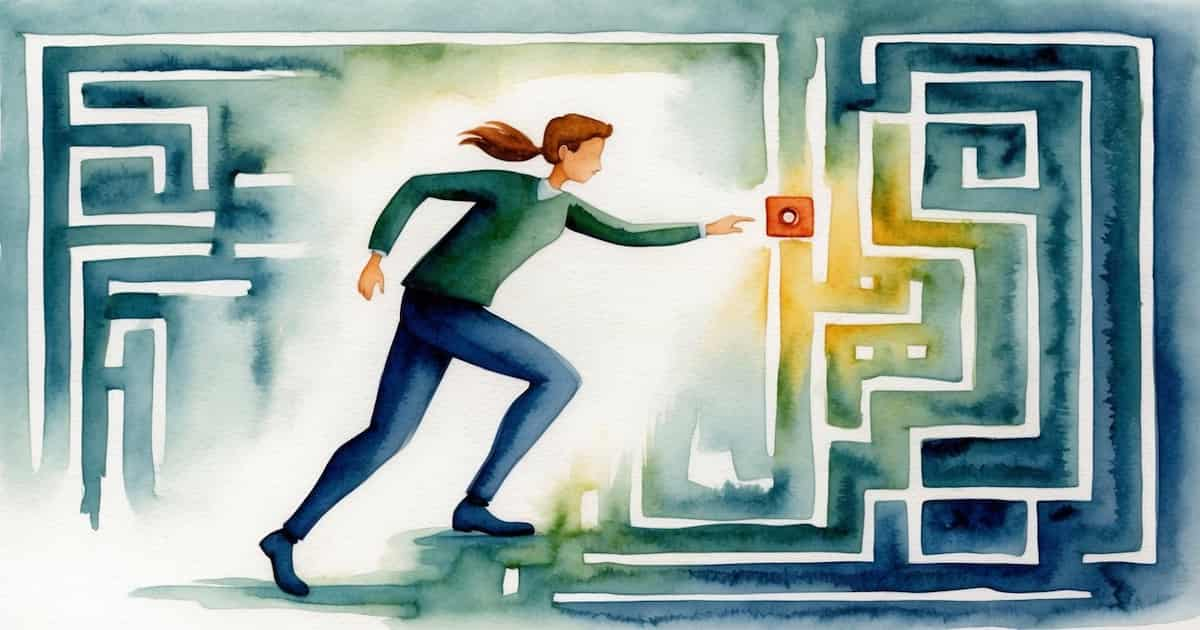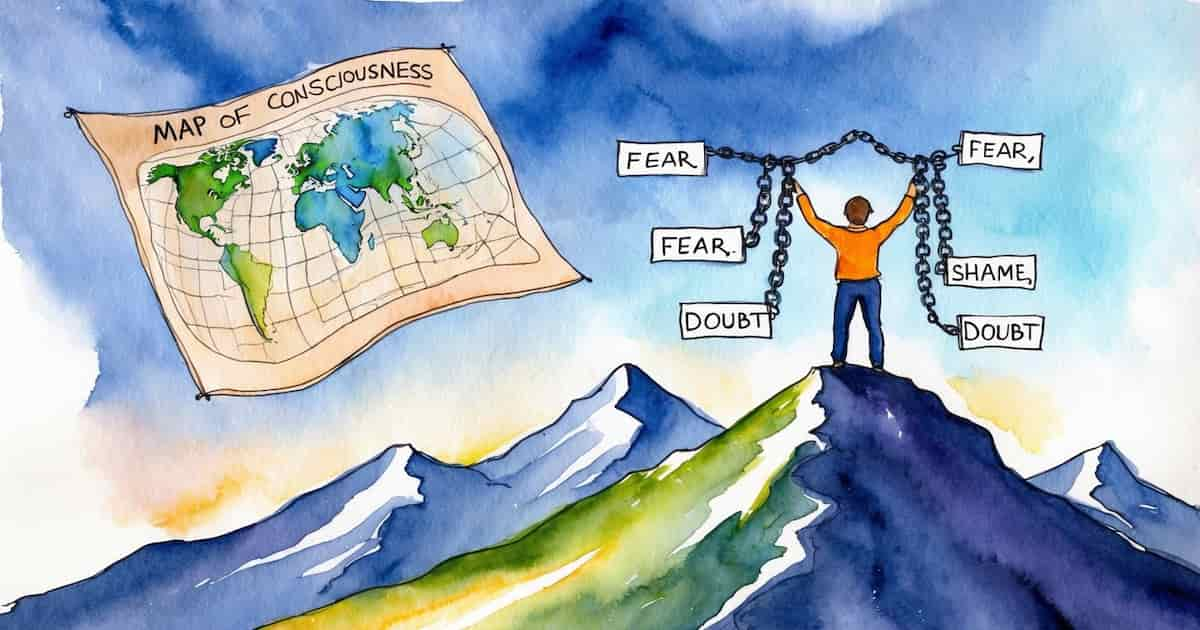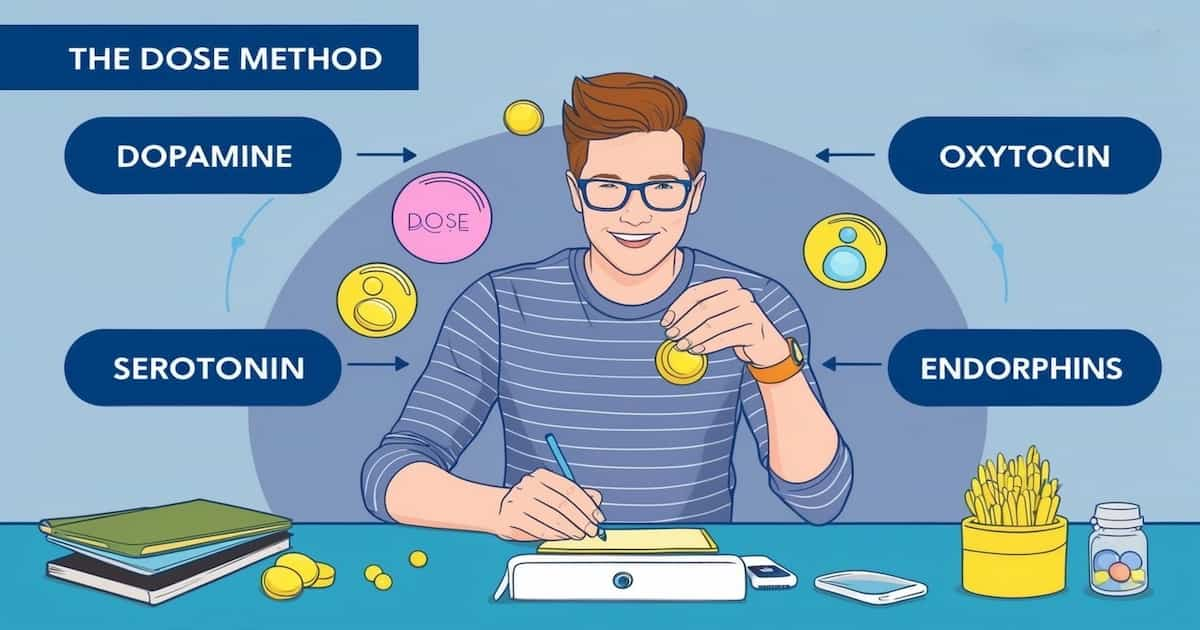Author: Martin Hamilton
-

How to Use Anxiety to Your Advantage: Transforming Nervous Energy into Productive Action
Anxiety is not always the villain it’s made out to be. Anxiety has become our cultural shorthand for emotional discomfort. Google searches for “anxiety” have jumped over 300% since 2004, showing how the term has seeped into everyday language. It’s no longer just a clinical diagnosis but a common way to describe feelings ranging from…
-

Dopamine Transfer is The Fastest Path to Success and Riches
Dopamine reallocation, or transfer, might be the most powerful tool you’ve never heard of for achieving success. The most successful people I know use this method, and it’s changed my approach to productivity completely.
-

How To Understand Meaning In Life Like Carl Jung
Finding meaning is essential for living a fulfilling life. As Carl Jung once suggested, meaninglessness can be viewed as a form of illness, while meaning helps us endure life’s challenges.
-

The Shadow and the Key To Your Hidden Potential
By facing your shadow, you can gain a deeper understanding of yourself and unlock personal growth. This journey isn’t easy, but it’s a key part of becoming whole and living authentically.
-

What is the Leaves on a Stream Exercise?
The Leaves on a Stream Exercise aims to increase psychological flexibility, promote adaptive behavior, and cultivate a greater sense of well-being by helping anyone develop a more objective relationship with their thoughts. I’ve included a link to download a free pdf!



